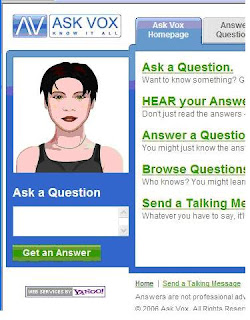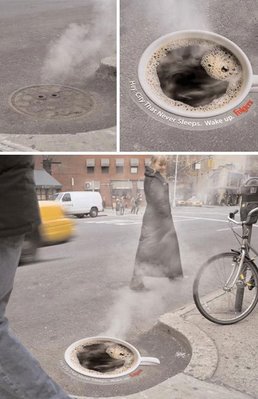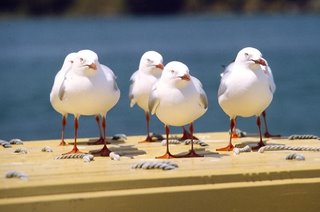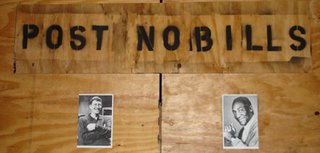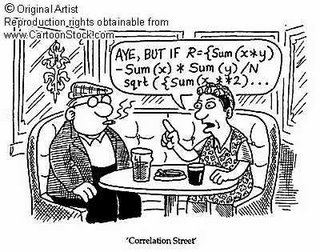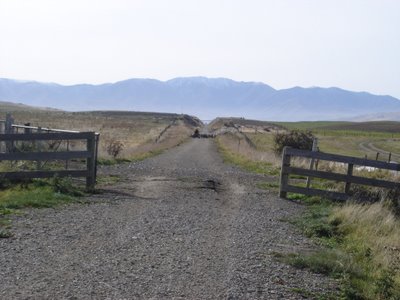http://www.time.com/time/photogallery/0,29307,1626519,00.html
What different families eat in a week - photo essay from Time magazine which is an interesting and graphic way of showing what different families from aroud the world eat in one week.
Maths Week 2007: http://www.nzamt.org.nz/sites/cms/
Reading Books - have a look at the forum, quizzes etc in the Reader's cafe
http://english.unitecnology.ac.nz/readerscafe/
Or take a look at Book Backchat: http://english.unitecnology.ac.nz/bookchat/home.php

More Maths? MC Escher? Try the Schmuzzle site - a mildly addictive, gentle sort of maths game...http://shmuzzles.com/shmuzzle/shmuzzle.htm
More stuff here: http://shmuzzles.com/more_shmuzzling.htm

New to Te Ara (NZ Encyclopedia)
Sea life web site. Fantastic looking resource http://www.teara.govt.nz/EarthSeaAndSky/SeaLife/en
Weather Resource: http://www.teara.govt.nz/EarthSeaAndSky/ClimateAndAtmosphere/Weather/en
Natural Environment: http://www.teara.govt.nz/NewZealandInBrief/NaturalEnvironment/en
Worldmapper is a collection of world maps, where territories are re-sized on each map according to the subject of interest.
There are 366 maps, also available as PDF posters. Use the menu above or click on a thumbnail image below to view a map.
http://www.worldmapper.org/
Why news organisations are edgy: More than 59 million people (37.3 percent of all active Internet users) visited newspaper Web sites on average during the second quarter of 2007, a record number that represents a 7.7 percent increase over the same period a year ago, according to custom analysis provided by Nielsen//NetRatings for the Newspaper Association of America. In addition, newspaper Web site visitors generated nearly 2.7 billion page views per month throughout the quarter, compared to slightly more than 2.5 billion during the same period last year. The second quarter figures are the highest for any quarter since NAA began tracking these numbers in 2004.
 And finally, ever noticed the blindspot in your car when you are about to change lanes? Try adjusting your mirrors slightly:
And finally, ever noticed the blindspot in your car when you are about to change lanes? Try adjusting your mirrors slightly:http://www.cartalk.com/content/features/mirrors/index.html



















